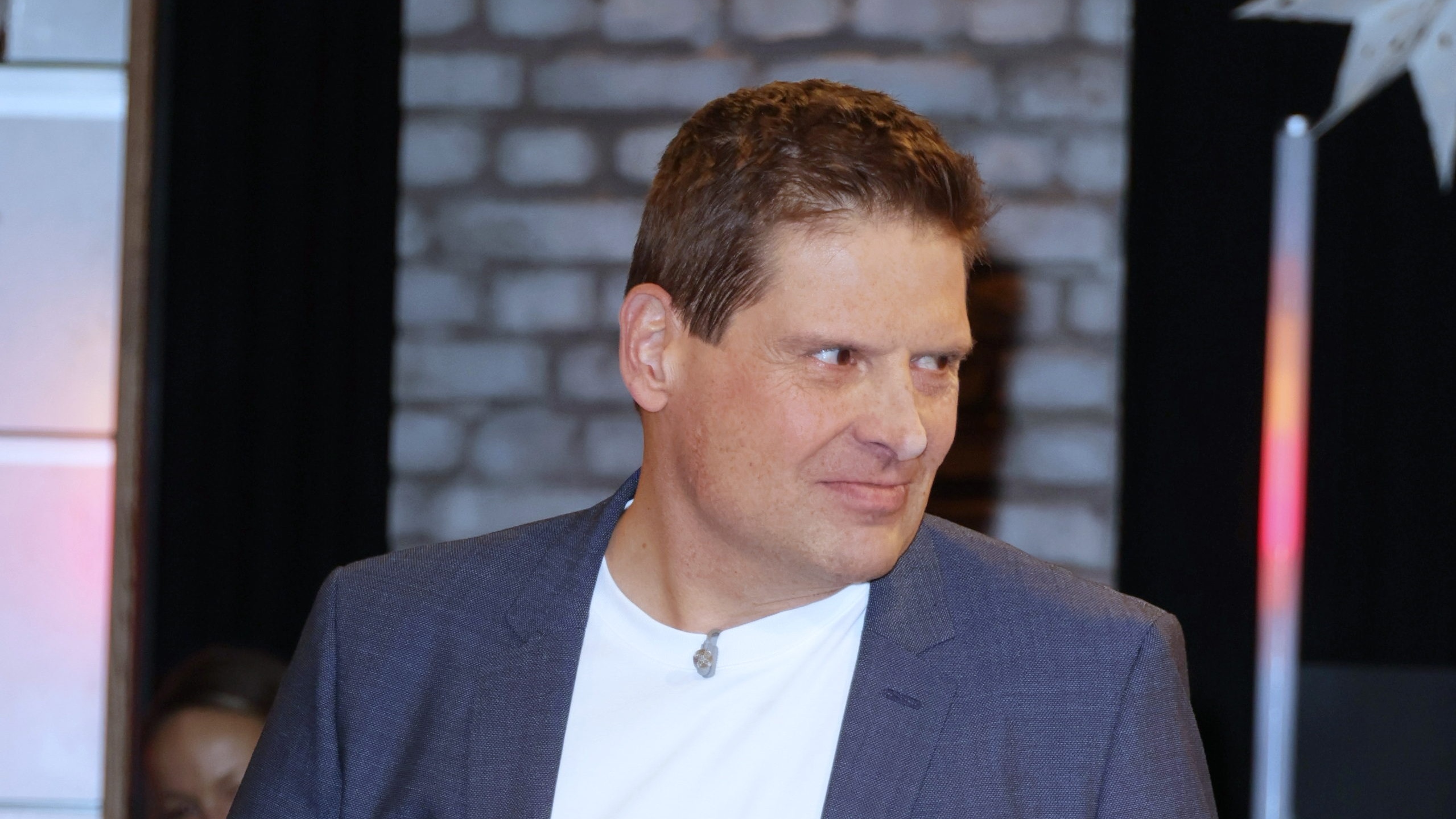Jan Ullrich is to open his own cycling museum this Friday, in his home Black Forest region of Germany.
The former 1997 Tour de France winner has been been hospitalised and attended rehab for drug and alcohol addiction several times over the past decade; Ullrich was also fined for assaulting a female escort and arrested for breaking into a neighbour’s property, saying in 2018 that he ‘exploded‘ when his ex-wife said he could not see his children.
The Jan Ullrich Cycling Museum’s tagline – ‘Wo täglich neue kraft wachsen’ (where new strength grows every day), suggests a step forward for the 50-year-old, as he opens the new project in Bad Durrheim.
“I have been dreaming of this museum for a long time,” Ullrich told Belgian outlet Het Laatste Nieuws.“Not only to highlight my own career, but especially to promote cycling. But setting up a museum requires a lot of time and energy and is certainly not easy.”
Mercurial even throughout his career, Ullrich has been plagued by drink and drug issues since he retired promptly in 2006 in the wake of Operacion Puerto. But in recent years things are looking brighter for him. Last year he helped launch a new docuseries based on his life called Der Gejagte [The Hunted], and even spoke candidly for the first time about drug taking in the pro peloton when he was a rider.
On Monday Ullrich was in Roeselare, Belgium, visiting the Koers Museum of Cycling, where he procured a particularly significant piece for his new venture – the Bianche time trial bike on which he beat Lance Armstrong in the 2003 Tour de France, the only time he did so. Ullrich also borrowed the celeste colour-matched helmet and gloves he wore that day to display among his own installations.
“That bike is really a piece of cycling history,” said Ulrich. “It’s fantastic that we can borrow it and yes, it is the original. We checked that.”
Koers curator Thomas Ameye explained how the bike came to be at Koers in the first place: “The bicycle has been one of the masterpieces in our collection for more than 15 years,”
“It ended up here through Freddy Maertens and former Dutch cyclist Jacques Hanegraaf, who were responsible for public relations for Team Telekom [another of Ullrich’s teams].”
He said the loan was the beginning of a “wonderful collaboration” and revealed that in return, Ullrich was loaning Koers one of his 1997 yellow jerseys.
Ullrich embarked on another tour – this time of the museum – and said he had picked up a few ideas for his own.
“You really notice the passion for cycling here,” he said. “What I find particularly special is that you can discover both historical stories and recent collection items. What I liked most were Eddy Merckx’s posters in which he promoted a cigarette brand. That would be unthinkable today.”


